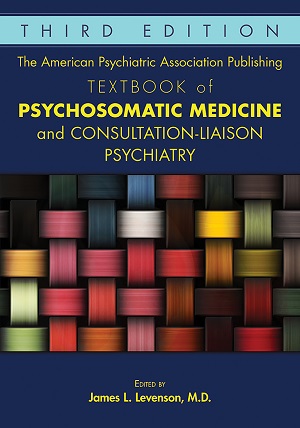Sections
Excerpt
Psychosis, mania, and catatonia can greatly hamper the ability of patients to care for themselves and of medical staff to care for them. We discuss psychosis, mania, and catatonia in three subsections as if they were separate entities, with one of the symptoms dominating (and when the symptom is not the result of delirium or dementia; see Chapter 4 “Delirium,” and Chapter 5 “Dementia”). In clinical practice, the distinction cannot always be made: patients with mania can be psychotic, or catatonia may occur in a manic or psychotic patient. In each of the subsections, we use the “primary/secondary” distinction even though it is not officially sanctioned by our current classification system (i.e., DSM-5 [American Psychiatric Association 2013]). Clinicians, however, base their diagnostic approach on this distinction: Are psychiatric symptoms attributable to a primary psychiatric syndrome, or are they secondary to medical diseases, substance use, or medication intoxication? In this chapter, we focus on management principles for medically hospitalized patients who are psychotic, manic, or catatonic, and place particular emphasis on the etiologies of secondary psychosis, mania, and catatonia. Psychotic symptoms due to toxic exposures are covered in Chapter 35, “Medical Toxicology.”
Access content
To read the fulltext, please use one of the options below to sign in or purchase access.- Personal login
- Institutional Login
- Sign in via OpenAthens
- Register for access
-
Please login/register if you wish to pair your device and check access availability.
Not a subscriber?
PsychiatryOnline subscription options offer access to the DSM-5 library, books, journals, CME, and patient resources. This all-in-one virtual library provides psychiatrists and mental health professionals with key resources for diagnosis, treatment, research, and professional development.
Need more help? PsychiatryOnline Customer Service may be reached by emailing [email protected] or by calling 800-368-5777 (in the U.S.) or 703-907-7322 (outside the U.S.).



